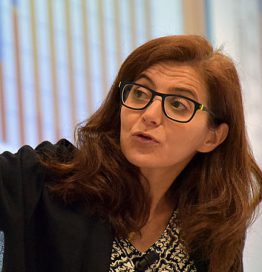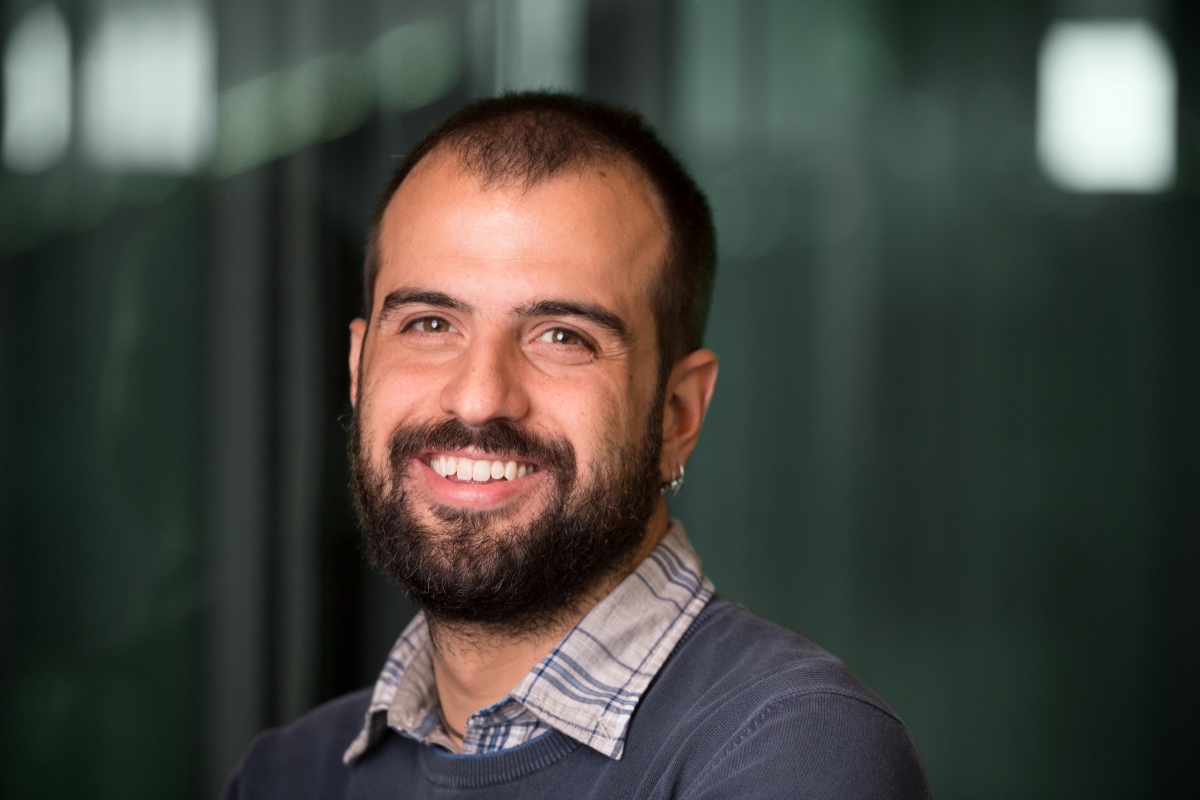Partner Session: The Impact of Covid-19 on Organized Crime (in partnership with the Embassy of the Kingdom of the Netherlands to Serbia, part of the MATRA program of the Dutch Ministry for Foreign Affairs)
Discussion points:
- In what way is the Covid-19 pandemic changing how organized crime groups operate and the threat they pose to our societies?
- How did organized crime groups respond to the economic downturn and what are the risks?
- Who are the most affected victims of organized crime in the context of a pandemic and what can be done to protect them?
- What is needed to reduce the costs and damage caused by organized crime in the new environment?
- How can the Covid-19 crisis be used as an opportunity to foster reform in the criminal justice system?
Dubbed as “the greatest threat to the international community since WWII” by the UN Secretary-General, the global Covid-19 pandemic has profoundly affected every aspect of how we go about our business, organized crime included. Very much like everyone else, organized crime groups faced challenges to their established modes of operations and have adapted their structures and activities as a response to this.
Significant increase in cybercrime due to people and economies moving into online spaces, counterfeiting medical equipment to fill in the gaps left by the disruptions in global supply chains, or targeting massive public funds invested into Covid-19 response are just some of the ways organized crime groups adapted to the new situation. Even more worrying is the fact that the economic downturn left millions of people and businesses exposed to influences from organized crime groups. An ever-increasing number of people is becoming vulnerable to human trafficking in search of alternative sources of income, whereas small businesses facing short-term liquidity issues may seek financial injections from illegal markets. These challenges are compounded by the fact that the resources and attention of the governments and global agencies have been largely diverted from these problems and focused more on providing immediate response to the health crisis.
The global pandemic, coupled with the fragility of states and their inability to promptly respond to the changing nature of illicit markets, seems to have created a perfect storm for organized crime to flourish. What are the lessons to be drawn for law enforcement agencies from this experience? How do we better protect the most vulnerable groups in our societies from criminal influences? How should governments and international organization coordinate their policies and actions in order to tackle highly adaptive organized crime groups under these circumstances? Most importantly, can this crisis be turned into an opportunity to build societal resilience to organized crime and foster the long-overdue reform of our criminal justice systems? These are the questions that will be discussed by a distinguished panel of experts coming from law enforcement, academia, civil sector, and international organizations.






